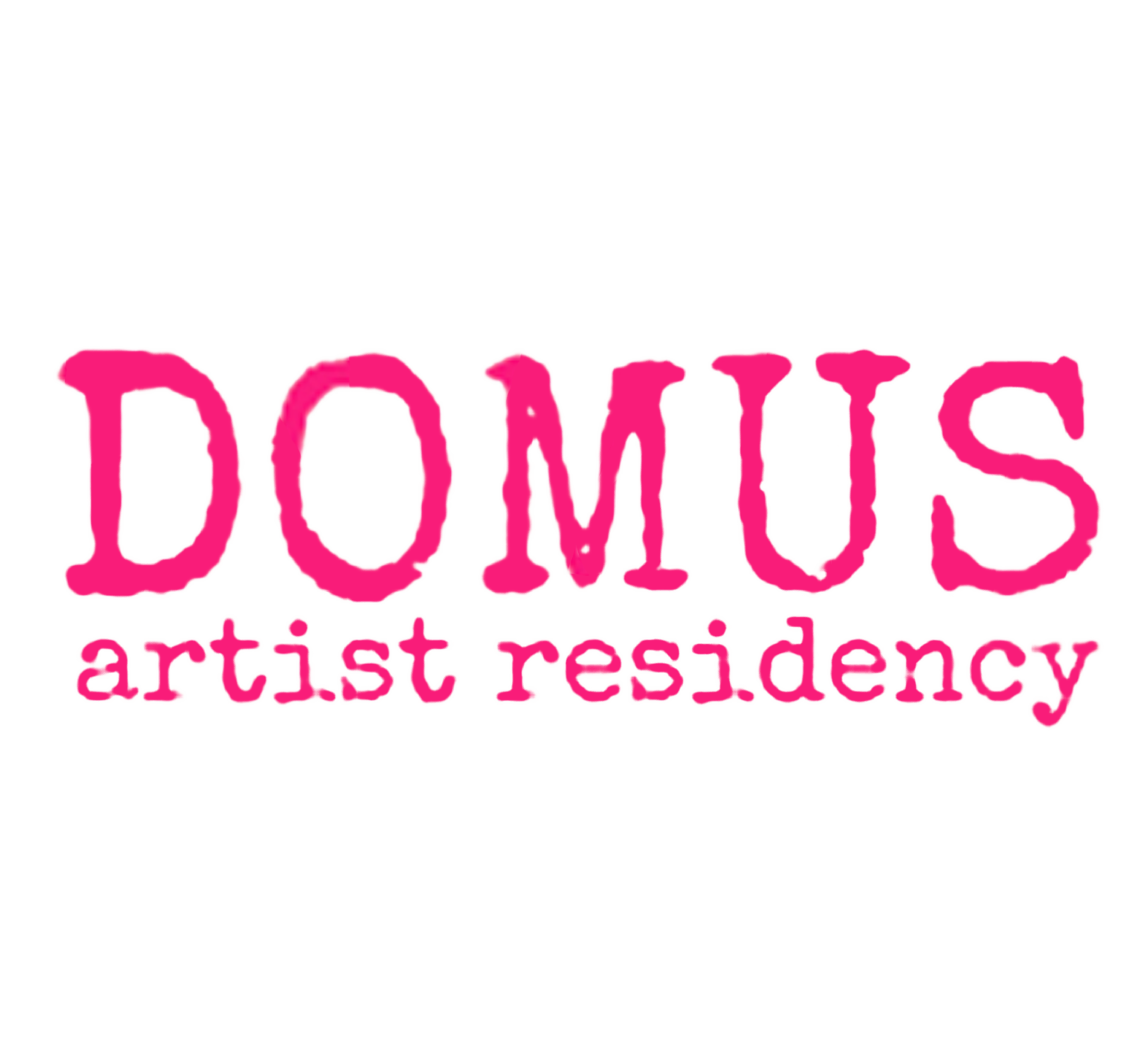SARA DOWLING
Resident March 2024
Sara Dowling is arts manager and programming curator. For 9 years, she has held a range of curatorial, marketing, inclusion and public social engagement roles for arts organisations and institutions in Ireland and abroad, including: The University of Limerick (UL), Esker Arts Tullamore, Limerick City Gallery of Art (LCGA), EVA International, Creative Europe's Magic Carpets project led by Kaunas Biennial Lithuania, Douglas Hyde Gallery Forum, Irish Museum of Modern Art, and Athena Standards Residency. She holds an MA in Curatorial Practice, several certifications from recognised international institutions in areas of creative project management, equality and inclusion training, women in arts visibility, social justice, and cultural strategy, and has delivered guest lectures in professional development and creative advocacy. Sara also maintains an independent curatorial practice, including co-founding the emerging artist platform project PeakShow Exhibitions, involvement with the Irish Women’s Collective Mná na nEalaín, and curating exhibitions for members at Limerick Printmakers & MART Gallery Dublin, Print Network Ireland & BlackChurch Studios Temple Bar. She has received Arts Council Agility Awards, and the Belfast Exposed Future Curators Award, among others.
Since 2020, Sara has led the EDI-informed Test Space Residency Programme at LCGA, and now manages a new women-in-arts publication project with the Visual Arts Dept Collection at UL, in partnership with the Hooker O’Malley Collection Trust between Ireland and Connecticut, US. Sara’s work with the DOMUS eco-feminist residency in Galatina will focus on the historic effects of the Tarantism phenomenon on the cultural and social conditions of women local to the area, and is supported by Culture Moves Europe Mobility funding, awarded by the Goethe Institute.
In Galatina, Sara initiated a new project involving local women engaged in culture, journalism, history, and art as part of her studies on the phenomenon of Tarantism. Through meetings, interviews, collaborations, and writings, she realized an editorial project that would be presented and published.
During the evening, Sara shared her experiences and projects in Ireland, and the relational-editorial project completed in recent weeks was presented. The meeting was free and open to all with an annual membership, especially those interested in the visibility of women in art history and collaboration with social engagement. At the end of the presentation, a debate on personal experiences regarding the topics discussed could be opened. An Italian/English translator was available throughout the presentation. Some content was noted as potentially unsuitable for young children.
Domus thanked Silvia Cipolla, museum operator at Museo Cavoti in Galatina, the volunteers of the Universal Civil Service project "InReading2022" at the Pietro Siciliani library, and Lorenzo Tundo (translator), who were part of the project. Contributors to Sara Dowling's publication included Angela Beccarisi (historical-tourist guide), Annalisa Marin (social worker), Daniela De Santis (journalist and teacher), Romina De Novellis (artist and anthropologist), Pauline Rossignol (artist and cultural operator), Gioia Perrone (writer, press officer, and cultural operator), Luciana Masciullo (teacher), Alessia Rollo (artist and teacher), Annalisa Zegna (artist), and Silvia Cipolla (museum operator).
Publication of Nozioni Sul Tarantismo: Notions on Tarantism: A Compilation of Informal Anthropological Research, curated by Sara Dowling with contributors.
This response project is the result of 9 months work, following a residency as the first Irish woman curator on the DOMUS eco-feminist residency, in Galatina during the month of March 2024. It is available to read in both English, and Italian, courtesy of translations by Annalisa Zegna.
It will be launched on Thursday 7th November 2024, 3pm, at Limerick City Gallery of Art (LCGA), opened by visual artist Aideen Barry, with additional words by Yvonne Davis (Curator, University of Limerick).
This project and publication outcome were enabled through generous support of the Goethe Institut Culture Moves Mobility Award, and Limerick Arts Office Individual Bursary, along with the support in kind of so many contributing partners as mentioned.






